Kosovo students banned over Islamic headscarf
Three Kosovo Albanian students were suspended from school this week for wearing Muslim headscarves.
Friday, 21.09.2007.
22:27

Three Kosovo Albanian students were suspended from school this week for wearing Muslim headscarves. The Associated Press reports that the case involving Fatmire Jashari and two other students was "reminiscent of those taking place in France, Turkey, Britain and elsewhere." Kosovo students banned over Islamic headscarf Kosovo's aspiration to statehood, which the agency says is supported by "much of the international community," could suffer if the province is perceived as "overly Islamic." "Not only does religion damage the quest for independence, it damages our entire concept," said Rexhep Ismajli, the head of Kosovo's Academy of Science, a body that includes the province's leading thinkers. "It damages Kosovo's society, it damages our vision." For Fatmire, 18, the issue is personal. She was suspended from her high school, Hamez Jashari, in the central Kosovo town of Srbica - a former stronghold of the now-disbanded Kosovo Liberation Army. The area around the school remains one of the most underdeveloped regions in Kosovo. A sprawling mosque has been built in the center of the town. Although she has been suspended, she keeps returning to school, wearing a black jacket bearing the school emblem - a picture of an ethnic Albanian guerilla killed by Serbian forces - and a silken beige-blue headscarf she insists she will not remove. "I hope I won't be pushed to choose between the two," she said. "But if I am, I will choose the headscarf." Some teachers have allowed her attend classes. Others have kept her out. Another girl in Fatmire's school and a student in a different school were also suspended this week. Hamdi Nuredini, the director of the Hamez Jashari school, said instructions from the province's education minister do not allow the wearing of headscarves or other religious symbols. "We have two girls wearing headscarves in this school today," Nuredini said. "If we allow this, tomorrow we could have two hundred girls wearing the headscarves," he said. "Then you have to ask what this school is: Is it a religious school or a public one" Ylber Hysa, a Kosovo historian and politician, applauded the school board's decision, saying secular education had been strongly established in Kosovo. "Taking the headscarf off over half a century ago was an emancipating effort for the Albanians. It [the headscarf's removal] has now gained a cultural and social character," Hysa said. Kosovo's majority ethnic Albanians are mostly Muslim, although they are largely secular. The province's governmental institutions, which are supervised by a United Nations administration, are careful not to associate themselves with Islam, fearing that a strong Muslim identity could harm the province's quest for independence from Serbia, a dominantly Christian Orthodox country. The AP says that some countries in Europe remain hesitant to accede to the ethnic Albanian majority's demands for independence. Some analysts in Kosovo have raised concerns that this skepticism, in part, relates to Kosovo's Islamic heritage. Western intelligence reports have suggested that Muslim-dominated regions in Bosnia and Kosovo could be recruitment grounds for the so-called "white al-Qaida" - Muslims with Western features who could blend into European or U.S. cities and execute terrorist attacks. Meanwhile, the debate over what kind of country Kosovo will be if it becomes a country continues, the agency reports. "It was easy to proclaim adherence to the democratic principles of the West in during the repression of the Serb regime," said Dukagjin Gorani, an ethnic Albanian commentator. "But when the West actually came to Kosovo, people started going to mosques. This will not necessarily make Kosovo a religious state, but it will certainly start a heated debate on what it should be."
Kosovo students banned over Islamic headscarf
Kosovo's aspiration to statehood, which the agency says is supported by "much of the international community," could suffer if the province is perceived as "overly Islamic.""Not only does religion damage the quest for independence, it damages our entire concept," said Rexhep Ismajli, the head of Kosovo's Academy of Science, a body that includes the province's leading thinkers.
"It damages Kosovo's society, it damages our vision."
For Fatmire, 18, the issue is personal. She was suspended from her high school, Hamez Jashari, in the central Kosovo town of Srbica - a former stronghold of the now-disbanded Kosovo Liberation Army.
The area around the school remains one of the most underdeveloped regions in Kosovo. A sprawling mosque has been built in the center of the town.
Although she has been suspended, she keeps returning to school, wearing a black jacket bearing the school emblem - a picture of an ethnic Albanian guerilla killed by Serbian forces - and a silken beige-blue headscarf she insists she will not remove.
"I hope I won't be pushed to choose between the two," she said. "But if I am, I will choose the headscarf."
Some teachers have allowed her attend classes. Others have kept her out.
Another girl in Fatmire's school and a student in a different school were also suspended this week.
Hamdi Nuredini, the director of the Hamez Jashari school, said instructions from the province's education minister do not allow the wearing of headscarves or other religious symbols.
"We have two girls wearing headscarves in this school today," Nuredini said.
"If we allow this, tomorrow we could have two hundred girls wearing the headscarves," he said. "Then you have to ask what this school is: Is it a religious school or a public one"
Ylber Hysa, a Kosovo historian and politician, applauded the school board's decision, saying secular education had been strongly established in Kosovo.
"Taking the headscarf off over half a century ago was an emancipating effort for the Albanians. It [the headscarf's removal] has now gained a cultural and social character," Hysa said.
Kosovo's majority ethnic Albanians are mostly Muslim, although they are largely secular. The province's governmental institutions, which are supervised by a United Nations administration, are careful not to associate themselves with Islam, fearing that a strong Muslim identity could harm the province's quest for independence from Serbia, a dominantly Christian Orthodox country.
The AP says that some countries in Europe remain hesitant to accede to the ethnic Albanian majority's demands for independence. Some analysts in Kosovo have raised concerns that this skepticism, in part, relates to Kosovo's Islamic heritage.
Western intelligence reports have suggested that Muslim-dominated regions in Bosnia and Kosovo could be recruitment grounds for the so-called "white al-Qaida" - Muslims with Western features who could blend into European or U.S. cities and execute terrorist attacks.
Meanwhile, the debate over what kind of country Kosovo will be if it becomes a country continues, the agency reports.
"It was easy to proclaim adherence to the democratic principles of the West in during the repression of the Serb regime," said Dukagjin Gorani, an ethnic Albanian commentator.
"But when the West actually came to Kosovo, people started going to mosques. This will not necessarily make Kosovo a religious state, but it will certainly start a heated debate on what it should be."












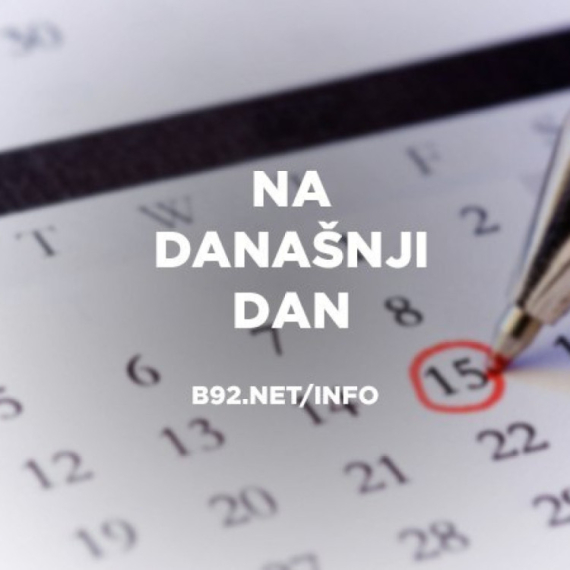
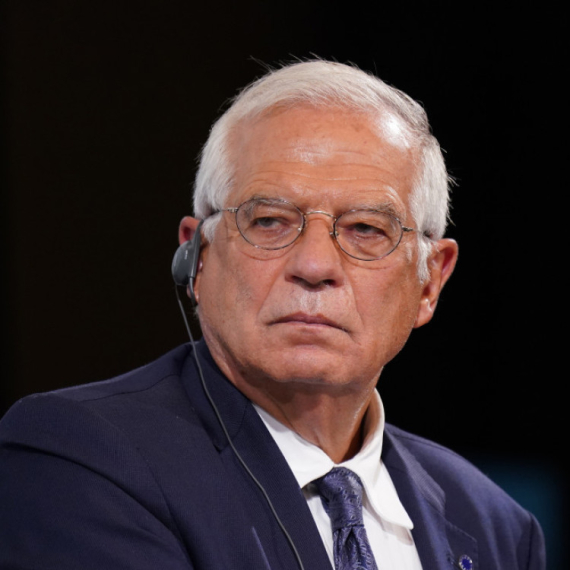
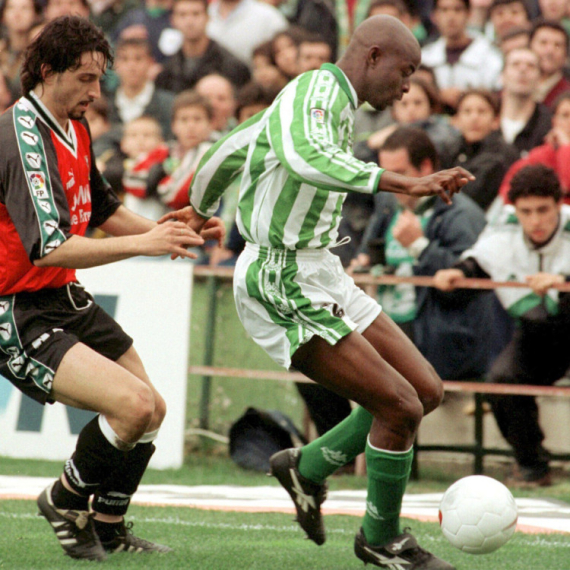
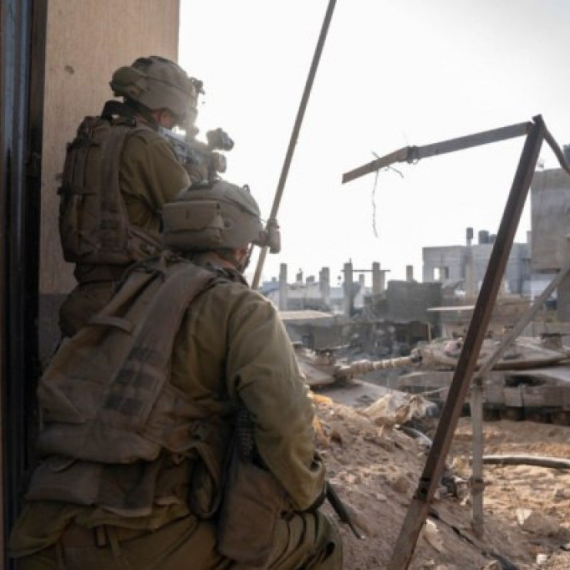
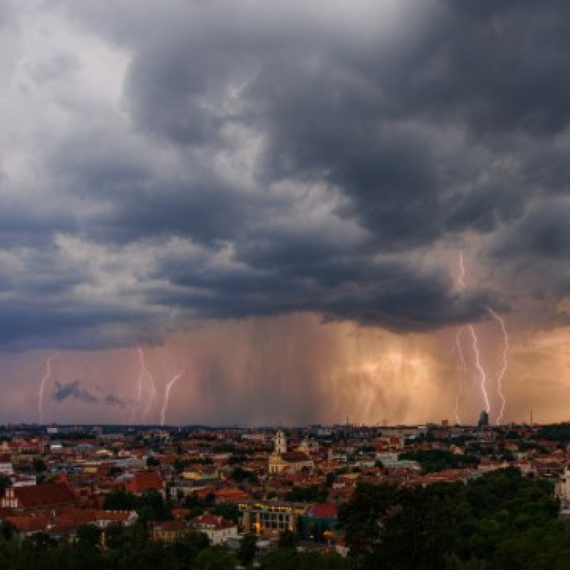

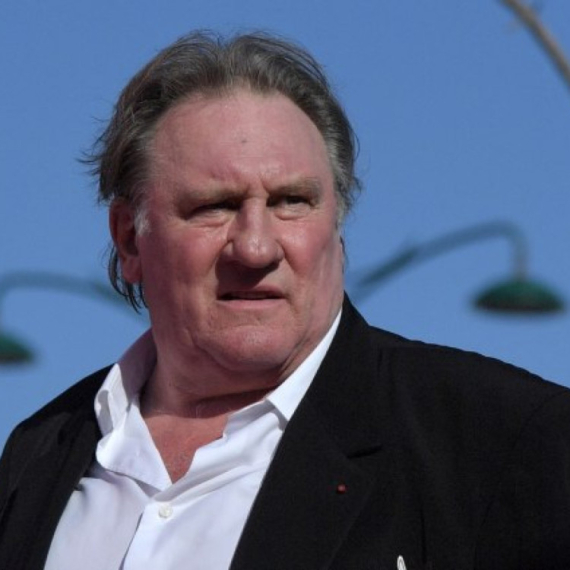
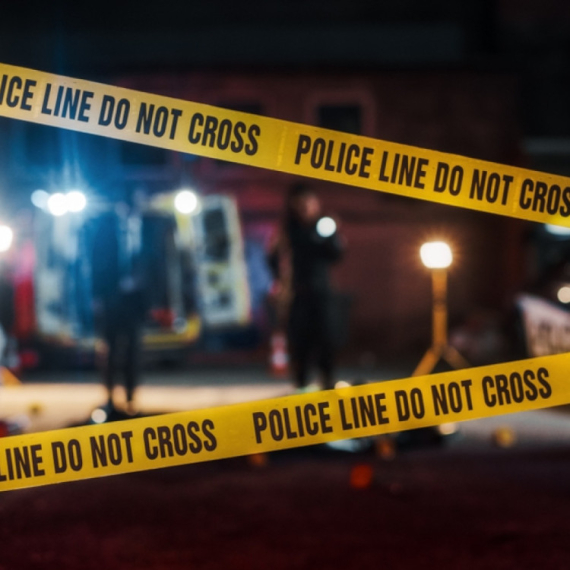
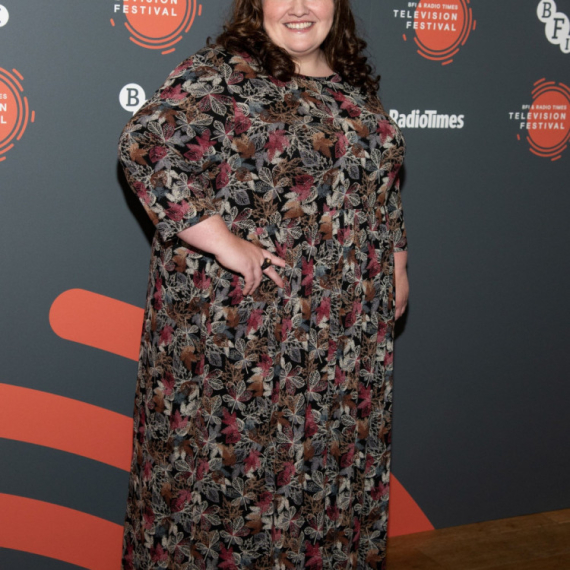






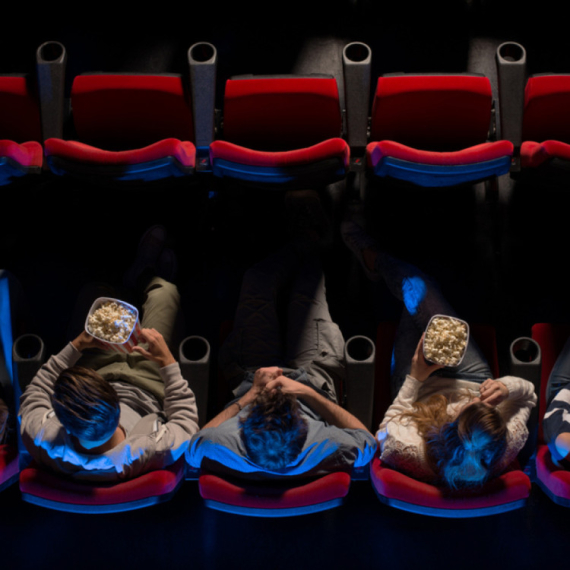









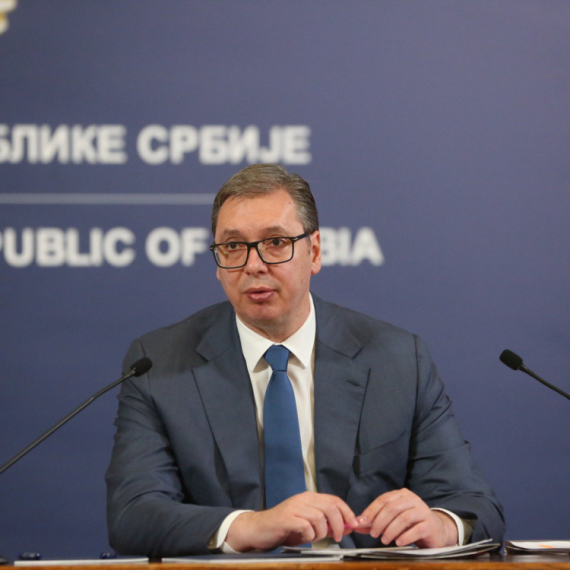




















Komentari 17
Pogledaj komentare